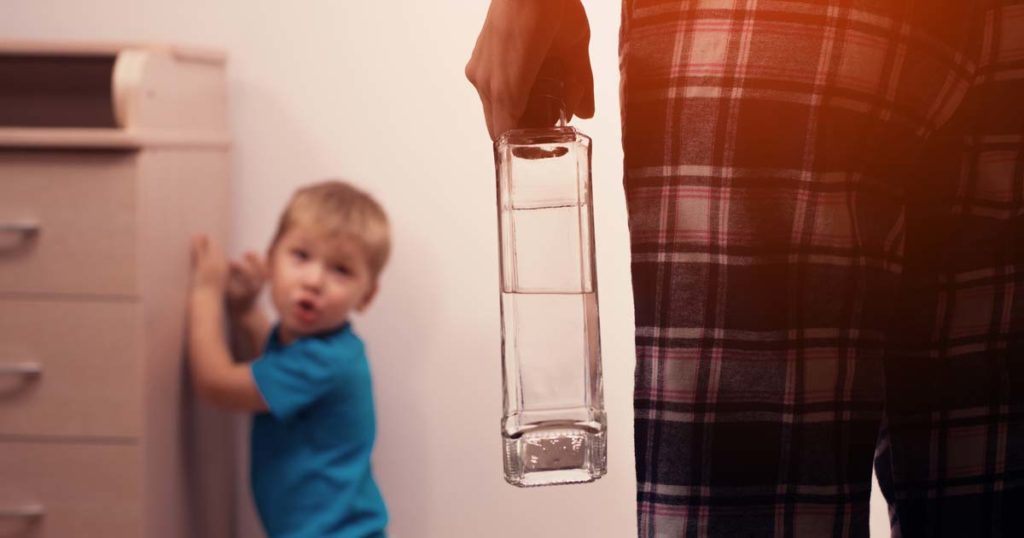By Elizabeth Davies-Ulirsch, MA, CSAT-C, Primary Therapist at Promises Young Adult Program When it comes to relationships we can often trace the problems of a current intimate partnership to family patterns that go back through generations. Addiction and other mental health disorders often find their genesis in the family tree as well. Just because addiction is in the family doesn’t mean you will become an addict, but if you have unresolved issues with an alcoholic or drug addicted parent you may indirectly look for those traits in romantic partners. Why? Because we tend to date and marry our “unfinished business,” often with the subconscious desire to fix what went wrong in childhood. Many people are not aware of this drive. It’s not that you want a boyfriend who gets angry when he drinks or a girlfriend who would rather party than spend time with you. But when you grow up in an environment where addictive behaviors are the norm, recreating chaos and conflict in adulthood is a comfort zone. You may not even be interested in a partner who is healthy and stable. Studies have shown that adult children of addicts carry the problematic effects of their early childhood environment into their relationships. It begins in your earliest episodes of dating and continues as a young adult. As you move developmentally to the next steps of life — for example, marriage and having a family of your own — the patterns continue and become part of your family system. Then there is a risk of passing it on, giving your children the potential to become, or fall in love with, addicts. Want to stop the cycle? Here are some important steps to take: Uncover your hidden pain. Early childhood trauma contributes to our view of the world and sense of self-worth. If you don’t try to discover and resolve the ways in which you were hurt, abused or neglected in childhood, it’s not unusual to keep finding partners who in some way aid you in reliving them. The problem is you may still feel and act like a helpless child in adult relationships. Know your genogram. Some clinicians use genograms to assess your family history and map it out, one generation to the next, so you can literally see how patterns are passed along. For example, one woman struggled with dating angry, addicted men who abandoned her physically or emotionally. She was able to see on a genogram how this behavior went back to her great-great-grandfather, who left his family of seven children for a new woman and alcohol, and to her own parents’ divorce. Be aware of unresolved conflicts. The way you attach and bond in your earliest years impacts your future relationships. In Erik Erikson’s model of developmental theory there are stages in which a child creates trust with a primary caregiver such as mom, dad or grandma. When the caregiver is attending to an infant’s needs the child successfully transitions to the adolescent stage of development. When there is a trauma or a break in development, the child may grow into an individual who is in some way stuck in that age or stage. Often in families where addiction is part of the dynamic, marital conflict creates disruptions. As a child you may not have gotten the nurturing or attention that you needed so later in life, you may attract partners like your addicted parent to try to get the need met. But instead of fulfilling the unmet need, the dysfunction begins again. Look in your family tree for codependence. If you had an addicted parent you may have also had a parent who enabled, covered up and lived in denial. This is another behavior you may learn and bring into adult relationships. There is a part of you that craves the chance to resolve the original conflict with your parent through your intimate relationship: Maybe I can save him if I stay and just love him through this. Some researchers consider this to be a form of addictive love. The challenge is that if things do not work out, you may blame yourself — instead of the addict — and this perpetuates a pattern of low self-worth and self-sacrifice. As an adult child of an addict, it may feel extremely unnatural for you to take a stand for your own well-being in relationships. But staying stuck can lead to many issues, including depression. You may fear pushing a partner to get help or feel that leaving is a betrayal, but it may be the only way to show the addict that if they don’t get help they have something to lose. Addiction impacts every member of the family. Some dysfunctional relationships go on indefinitely, until change is forced by divorce or health, financial or legal problems. With therapy and self-care for you and recovery work for your addicted partner, there is hope. It is important to do the work of discovering these patterns so you don’t simply bring them into the next relationship ― or the next generation. Someone has to break the cycle, and it may have to be you.

